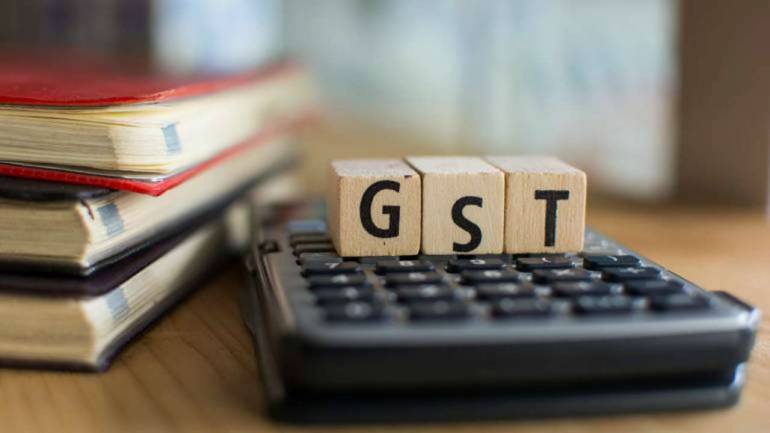It has been more than a year since the NDA implemented its ‘one nation, one tax’ GST regime. But is GST actually what the government promised it to be? Is it benefitting or challenging the Indian economy?
After more than 10 years of debates, discussions, and delays, GST was finally implemented in India on 1st July 2017. The ‘one nation, one tax’ regime promised increased competitiveness, simple and uniform tax structure, and greater compliance. While it has been more than a year since GST was implemented, the council has made several changes to it and GST continues to be complicated & extensive.
The dilemma has raised a lot of questions on whether GST is good for the Indian economy. Let us have a look at the past, present, and future of the regime to understand its impact on the economy.
GST: The Beginning
The periodic compliance requirement of the regime was the biggest challenge as soon as GST was implemented in India. There was a widespread belief among the taxpayers that the government has haphazardly implemented GST without first working on the required infrastructure.
Even the GST rates for all the goods and services were considered to be expensive and confusing for the businesses as well as the masses.
The Present Scenario
Over the past several months the council along with the government has been able to make several significant changes to the regime. From the periodic compliance requirements, tax slabs, to the GST portal, things have changed for good.
Riding on the back of these changes, the GST collection has been consistently improving throughout the country. Currently, the council is working to change the GST filing forms, to further make things easier for the taxpayers. The new forms are expected to be implemented in 2019.
The Future Outlook
There is no denying the fact that there were some very pressing issues with the GST regime in the beginning. However, the council and the government has done a commendable job of making things easier for the taxpayers. The multiplicity of the taxes has been reduced and has helped create a simplified tax regime for promoting ease of doing business in the country.
However, products like petroleum, immovable property, alcohol, etc. are still outside the ambit of GST. This itself defeats the primary ‘one nation, one tax’ goal of implementing GST. It is expected that the government would try to add these products as well under the GST base.
GST and the Indian Economy
While GST still has a long way to go, its positive impact on the Indian economy cannot be neglected. For industries, successful implementation of ‘one nation, one tax’ regime would help eliminate the cascading effect of taxation, reduce compliance, and improve the flow of goods between Indian states.
The council has also succeeded in implementing GST audit to make sure that all the businesses provide correct information for the tax purposes. Registered dealers with a turnover of more than INR 2 crores are required to get their accounts audited by a CMA or CA. Tax authorities can also conduct general and special audits of businesses to ensure complete transparency.
For the government, GST will most importantly help improve its revenue. Moreover, as more businesses will now be under the tax purview, more businesses would soon contribute to the country’s GDP. Before GST a large number of Indian companies never contributed to the GDP due to lack of data.
However, for the consumers, GST is expected to be a mixed bag in the future too. Some of the goods and services would get cheaper while others might get expensive. But with the industries and the government being benefited positively, the new regime is expected to help improve the Indian economy in several ways.
Previously, several countries already implemented GST and majority of them have had positive results. While the implementation of GST could have been better, a lot of things have changed for good already, and many such changes are expected in the future too.
If the government continues to work on GST with taking inputs from the tax experts as well as taxpayers, it shouldn’t take long for the Indian economy to start experiencing its benefits.






